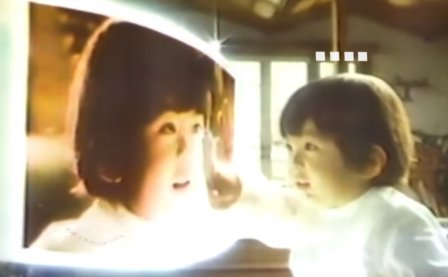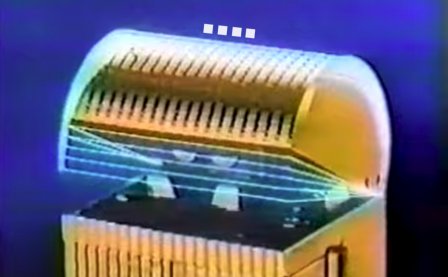Buck Meek was born Buck Meek in Wimberley, Texas, probably. Who knows the truths with names and places with these country song singers? Wimberley was and is 45 minutes off of Austin, a good place for glass sculptors and child psychologists like Buck Meek’s dad and mom, respectively, respectfully. Kid Buck Meek started guitaring early on, outlaw country licks and manouche jazz slips, lots of Django, lots of Slim Richey. And then Buck Meek went to Berklee and then he moved to New York City to make music with Adrianne Lenker. And then they left New York City, drove around this damned land in a 1987 Chevy G20 conversion van, sang a-sides wrote b-sides. And Anne wrote some songs for drum and bass, and James and Max joined Anne and Buck, became Big Thief, made Masterpiece and Capacity, and the rest is was and will be history.
I kinda wandered some from our main character and his new album, Buck Meek, but all that history, real or faked a little, matters because Buck Meek is Buck Meek all over. It starts somewhere like Wimberley, Texas, “Joe By the Book,” an ode to the cars our grandmas fixed and the good mechanics who helped. Halfway through, Wurlitzer and reeds fade up and smile; cars are tough things, almost tough as people. Then “Cannonball!,” sixteenth-note snare dips in a chlorine afternoon shared and lost with Sue. And a slide guitar solo like pool-stiff summer hair, fingers to the bare chest, “Cross my heart and hope to gravy/ Baby, lovin’ you is a funeral band.” I been there before.
That’s the world of Buck Meek, songs like sketches rather than declarations, peopled by Joes and Susies and you and me, probably. There are some choruses you could remember maybe (“Fool Me” is some straight George Jones late-night — a beaut), but mostly these are pieces and moments to drift in, tidal, raft, van. The container for those moments is that wonder voice, part woo and woah, all from that history. Buck Meek has smile lines from all the immense joy of daily living, the best country version of the look of a dog smile in sounds:
“Taillllllllllllll ‘uh aaaaaggin
wWWW ‘uh
for the fat and brrrnt inds,”
a joy of living that won’t adhere to lines. Because what if you lost your “Best Friend”? And Buck Meek has all the calluses from all those micro desolations that hide in suitcases and airports and confidences. “Flight 9525,” a dirge of “if I could find a way back home/ I’d go,” something stuck in the wilderness, a yearning turned to ache.
Person from place, piece from person, country music’s place is between a wilderness and a home, between wanting one and running from the other. Like Mark Twain’s Huckleberry title character and his adventures, Buck Meek moves across country like a 1987 Chevy G20 conversion van, like fingers on fretboard. It bleeds place and person into piece and country music, like the American Novel, two forms best bent on odyssey and homecoming, best suited to the smallness of big things, the vastness of the micro. We’ll hear Buck Meek again in that electric band Big Thief, where his weird limb of swing feel and jump tenor fit snug and excited, but we’re lucky to have a little thing like Buck Meek, a slim Territory ahead of the rest. You could hear it in a “Home is where the heart aches/ My home is where the milk shakes/ Hands with the bourbon, there’s ghosts in the curtains,”, but you know it, mostly. You been there before.




